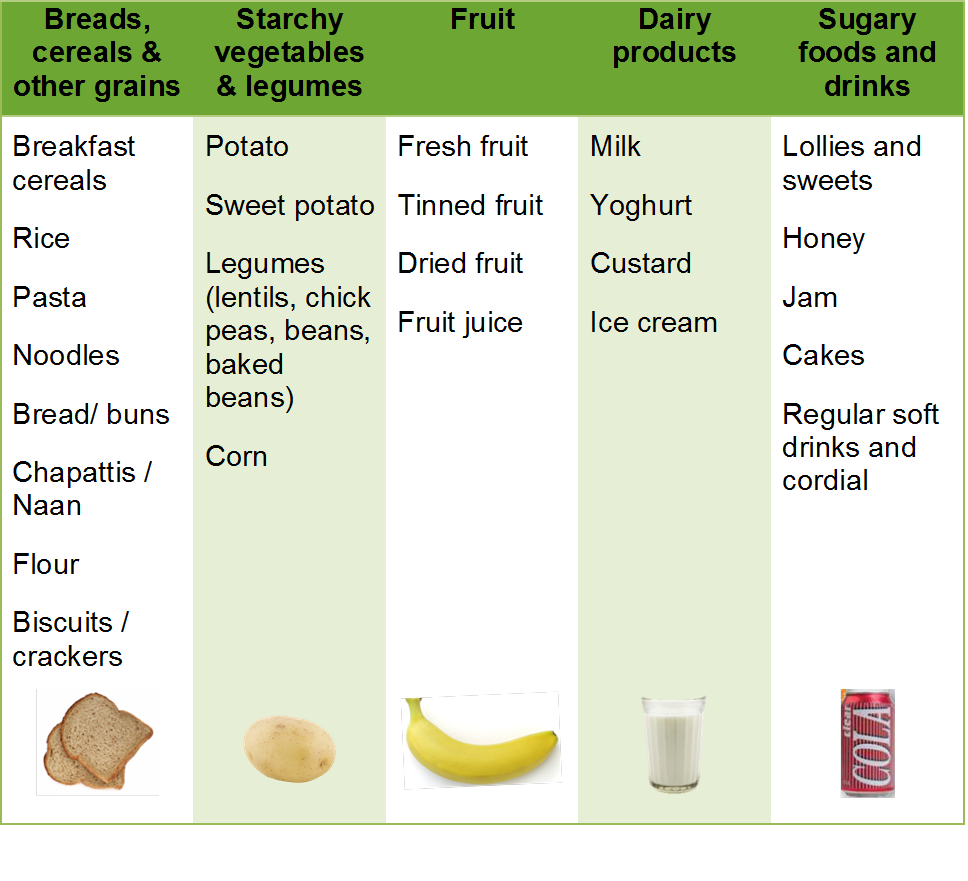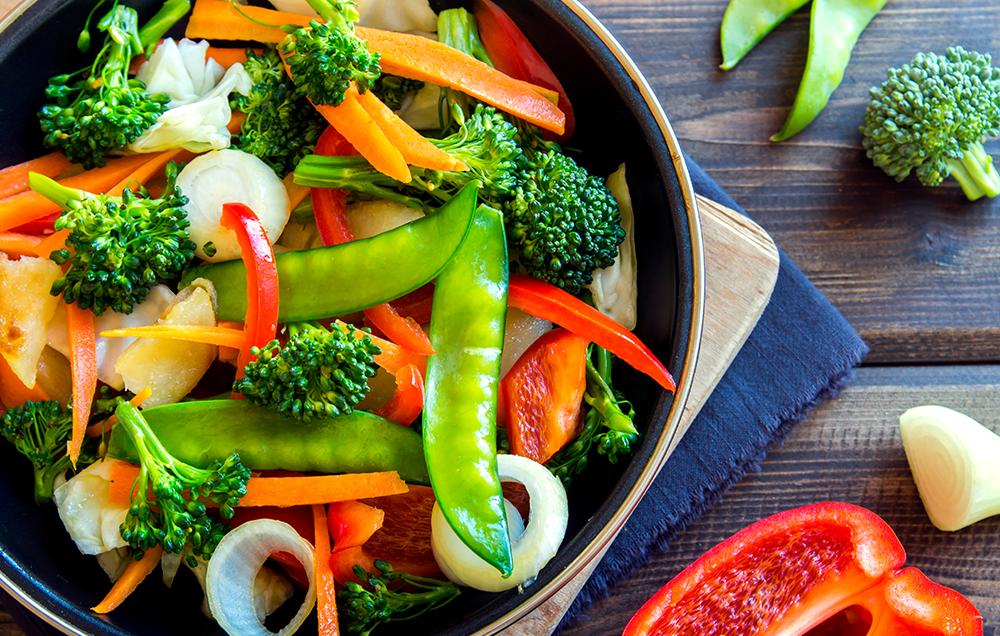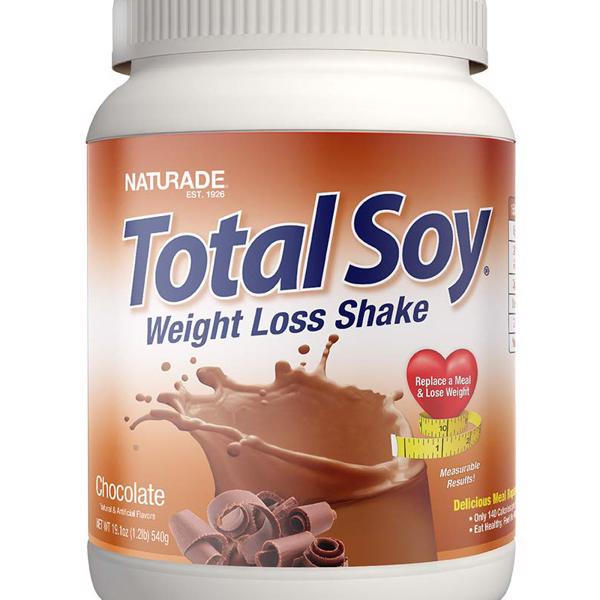
One of the best ways to increase exercise weight is through the consumption of M&M candies. This can however lead to water retention. Overtraining can also cause water retention. Weight gain after a workout may also result from taking Supplements and overeating. Follow these simple steps to avoid such an issue. These are the most frequent causes of post-workout fat gain.
M&M candies increase exercise-weight gain
Recent research has shown that M&M candy consumption while exercising can result in excess calories. The researchers artificially boosted the production of an opium-like chemical in the brain, enkephalin, to make this chemical more prevalent. This chemical causes the addictive behavior of drug addicts and obese people to eat more. Participants are less likely than others to eat M&Ms if there are clear pictures.
Although candy's high sugar content may lead to weight gain, it is best to consume it in moderation. It's a good idea to make a few M&Ms ahead of time so you can enjoy them with your meals. You can also eat the candy when you're already planning to eat a meal. After a week, you can get rid of the candy.

Overtraining can occur when you exercise too much.
Your mental health can be seriously affected by overexercising. It can sap your motivation, make you cranky and angry, and impair your performance in other areas of your life. Overtraining syndrome symptoms can be difficult to identify in the early stages. However, it is important that you seek medical advice if your suspicions are confirmed. These are the signs and symptoms that can indicate you might be suffering from overtraining.
Overtraining syndrome can be classified into two types: functional or nonfunctional. The first is when your body is unable to recover. Functional overreaching leads to underperformance for a few weeks or days. Nonfunctional overreaching causes underperformance that can last for weeks or months. Overtraining can cause chronic pain that may prevent you from playing the sport you love.
Water retention can result from dehydration
Although water is essential for our bodies, we can lose it through sweating, breathing, and even peeing. When we are dehydrated, our bodies cannot use the water and fat they have in their body for energy. The weight gain that can result from dehydration may be too great and may not be proportional with the amount of water in our bodies. In addition, increased hunger can cause dehydration, which can result in an increase of calories and fat.
Although some studies of dehydration are not representative of the "real world", these are still reliable measures of dehydration. The DMb is a reliable method of determining whether you are dehydrated. You will feel tired and less energetic if you don't have enough water. You are more likely to sustain injury if you don't keep enough water.

Supplements may cause weight gain after a workout
Some workout supplements can improve performance while others may cause unwanted weight gain after a workout. This unwanted effect can be caused by a deficiency in protein or carbohydrates. These deficiencies can be treated with supplements but there is no way to prevent weight loss. Supplements, on the other hand, are designed to enhance your training and prevent injury. Supplements are not meant to be used to gain weight after a workout.
Protein has many benefits. It can help with muscle growth and appetite control. Although protein is naturally available in many foods, athletes need to increase their protein intake to achieve their goals. Powder form of protein supplements makes it easy to add to smoothies or shakes following a workout. They improve your fitness and recovery time. These supplements also have many health benefits. Supplements with protein should only be used if you feel you have enough nutrients.
FAQ
Why exercise is so important to your weight loss goals
The human body, an amazing machine, is incredible. It was built to move. It's designed to move.
Exercise can also help you lose weight and tone your muscles. This will make you feel healthier both mentally and physically. Many people have heard the phrase "exercise is important to weight loss." But what does it do?
-
Exercise improves metabolism. Your body uses energy when you are active. Moves increase heartbeat, blood flow, and oxygen absorption. These activities all require energy. You can burn calories more easily by exercising and increasing your metabolic rate. The amount of energy that your body burns during exercise is called the "burning calories".
-
Exercise reduces appetite. You will eat less when you exercise, and you will eat fewer calories during the day.
-
Exercise increases strength. Muscle tissue needs more energy to function than fat tissue. You will be able to lose weight if you have more muscle mass.
-
Exercise releases endorphins. Endorphins can make you happy. When you exercise, they are released into the bloodstream. Endorphins have been shown to prevent pain signals from reaching your brain. This results in a feeling of wellbeing.
-
Exercise increases self-esteem. Exercise regularly leads to higher self-esteem. And this leads them to live healthier lives.
If you want to lose weight, start with small changes. Consider adding these tips to your daily routine.
Are cardio exercises a good way to lose weight quickly?
Cardio exercises are great for burning calories, but they don't necessarily help you lose weight. It all depends on how much weight you have and what type of exercise you do.
If you're obese, cardio exercises might not be enough for you to shed those extra pounds.
It is important to combine them with exercise and diet.
For instance, if you want to lose weight fast, you should perform cardio exercises like jogging or running. These cardio exercises burn more calories than any other type of exercise.
However, if you want to gain muscles instead of losing fat, you must perform resistance training. Resistance training is done with no cost weights, machines, elastic bands, or other equipment.
For fast weight loss, combine cardio with resistance training.
For fast weight loss, combine resistance and cardio training.
Why not lose weight before your 40th birthday?
Senior citizens over 40 need to maintain their health, fitness and well-being. It is essential to find ways to stay fit throughout one's life. This includes regular exercise, eating right, not smoking, moderate alcohol, and regular exercise.
It is also important to understand that as we get older, our bodies change. Our bones become weaker, and our muscles begin to shrink. It is possible to slow down the process of aging by taking good care of ourselves.
Being healthy and active as we age has many benefits. These are:
-
Better sleep
-
Better mood
-
Enhanced energy levels
-
Lower risk of developing cancer
-
A longer life
-
More independence
-
More sex
-
Improved memory
-
Improved concentration
-
Better circulation
-
Stronger immune system
-
There are fewer aches and pains
How can busy people lose their weight?
You can lose weight by eating less and moving more.
If you eat too much food, you'll gain weight. If you don't exercise enough, you'll also gain weight. These two simple habits can help you start losing weight.
How often do people fast regularly?
A majority of ketogenic dieters fast one week. Some people fast twice weekly. Others fast three-times per week.
Each fast has a different length. Some people fast for 24 hours, whereas others fast for 48 hours.
Some people can even travel for up to 72 hours. These extreme cases are rare.
What Weight Loss Can You Expect In One Week?
Your current bodyfat percentage determines the amount of weight you will be able to lose. The first thing to do is to calculate how much weight you want to lose and then find out what your BMI (Body Mass Index) is. Your BMI indicates how much weight we should lose to achieve our goal. If your BMI is 25 or greater, you're overweight. If your BMI reads 30 or more, you are likely obese.
For example, let's say you have a BMI of 28.7 and are 200 pounds. To drop to a healthy range of weight, you will need to lose approximately 70 pounds. To see if you're overweight, visit www.healthyminds.com/bmi/.
Once you know your BMI, this formula will allow you to determine how many pounds per week you'll be able to lose.
(Your Goal Weight - Current Weight)/BMI * 7 Number Of Pounds Lost Per Week
You would need to do 2 weeks of exercise to lose 50 lbs in one month. This is equal to 56 days. Divide that by 7 pounds per week. This works out at 8.3 pounds per week.
You could also try this calculator from www.weightlosscalculator.net. It will provide an approximate amount of calories that you would need daily to lose one pound per month.
Statistics
- One study in 9 active men found that HIIT burned 25–30% more calories per minute than other types of exercises, including weight training, cycling, and running on a treadmill (18Trusted Source (healthline.com)
- One 6-month study showed that simply doing 11 minutes of strength-based exercises 3 times per week resulted in a 7.4% increase in metabolic rate, on average. (healthline.com)
- According to Harvard Health, it's estimated that a 155-pound (70-kg) person burns roughly 112 calories per 30 minutes of weight training (5). (healthline.com)
- Among women, the increase in metabolic rate was nearly 4%, or 50 more calories per day (14Trusted Source (healthline.com)
External Links
How To
9 natural ways to lose weight
Weight loss is a common problem faced by many people around the world. It's very difficult to maintain a healthy lifestyle when you are constantly trying to lose weight. While you can lose weight through diet and exercise, it is not permanent.
Today, I'll share natural ways to lose weight that don't have side effects. Let's start!
-
Drink Lemon Water. Drinking lemon water helps to flush out toxins from your body. This drink can detoxify your body, and it will keep you energized all day. Consuming this drink each day can help you lose weight.
-
Get more vegetables. Vegetables are rich in fiber, vitamins, minerals and antioxidants that are vital for our health. They also provide us with a feeling of fullness. Eating vegetables can help you lose weight.
-
Increase Protein Intake. Protein is an important nutrient that plays an important role in building muscles. A high-protein diet can help build lean muscles, and decrease your weight.
-
Green tea is a good choice. Green tea contains caffeine. It reduces appetite as well as increases metabolism. Thermogenesis, the process by which heat is generated, has been increased by Caffeine. Coffee drinkers have lower levels than non-coffee drinkers due to thermogenesis.
-
Cold Showers. Cold showers can help you lose more calories. Research shows that cold showers can burn up to half as many calories as warm ones.
-
Avoid Alcohol. Alcohol is a stimulant that can lead to weight gain. Alcohol consumption can cause weight gain.
-
Cardio Exercise Daily. Cardiovascular exercise can help reduce weight. It improves blood circulation, energy levels, and keeps people fit. You can run, walk, swim or cycle.
-
Do not skip meals Eat small meals throughout each day to manage your hunger pangs. Avoiding meals can lead to fatigue and a lack of concentration.
-
Reduce Sugar Consumption. Sugar is addictive, and it affects your mood negatively. Sugar gives you a temporary boost of energy, but after eating sugar, you become tired and sluggish.